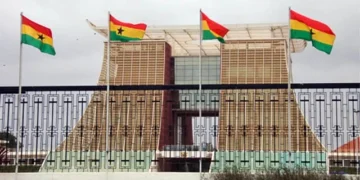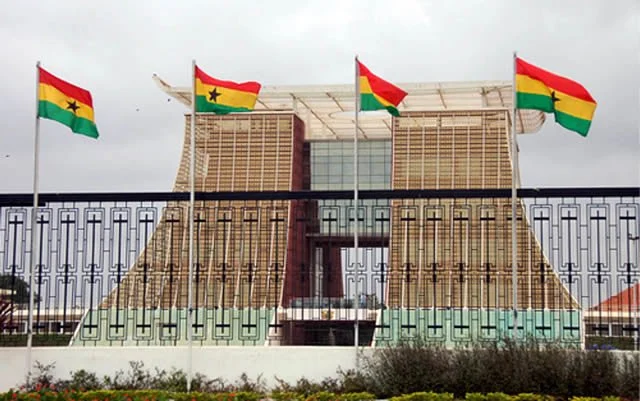The Government of Ghana has approved the exemption of electricity bills for selected strategic institutions, following a Cabinet decision chaired by President John Dramani Mahama.
Announcing the decision, the Minister for Energy and Green Transition, John Abdulai Jinapor, stated that the move aims to ensure the uninterrupted operation of essential national services in critical sectors such as security, health, and education.
He explained that the policy is also intended to enhance accountability in energy consumption and strengthen the operational resilience of vital government institutions.
Under this directive, the Ministry of Finance will absorb the electricity costs of the affected institutions through their approved budget allocations.
The exemption applies to the Office of the President, the Ministry of Defence, the Ministry of the Interior, the Ministry of Health, and the Ministry of Education. However, the relief is strictly limited to core operational units and does not extend to auxiliary or non-essential facilities.
In the education sector, the exemption covers classrooms, universities, science and computer laboratories, lecture halls, and research facilities. It does not include dormitories, dining halls, or recreational areas. For the health sector, the exemption applies to hospitals, operating theatres, blood banks, medical laboratories, and wards, while staff residences and leisure facilities are excluded.
Within the defence sector, only critical installations such as military intelligence, national defence communications, and emergency systems are covered under the exemption. Non-emergency and support sites are not included. Similarly, for the Interior Ministry, the exemption extends to police and emergency response units, with other facilities remaining outside the scope.
The Electricity Company of Ghana (ECG) and the Northern Electricity Distribution Company (NEDCo) have been directed to intensify revenue collection efforts from institutions not covered by the exemption. They are also authorised to disconnect power supply to any non-exempt entity with outstanding electricity bills.
Jinapor emphasized that the measure reflects the government’s commitment to financial discipline in the energy sector and its broader goal of maintaining a stable and reliable power supply for all Ghanaians.




















